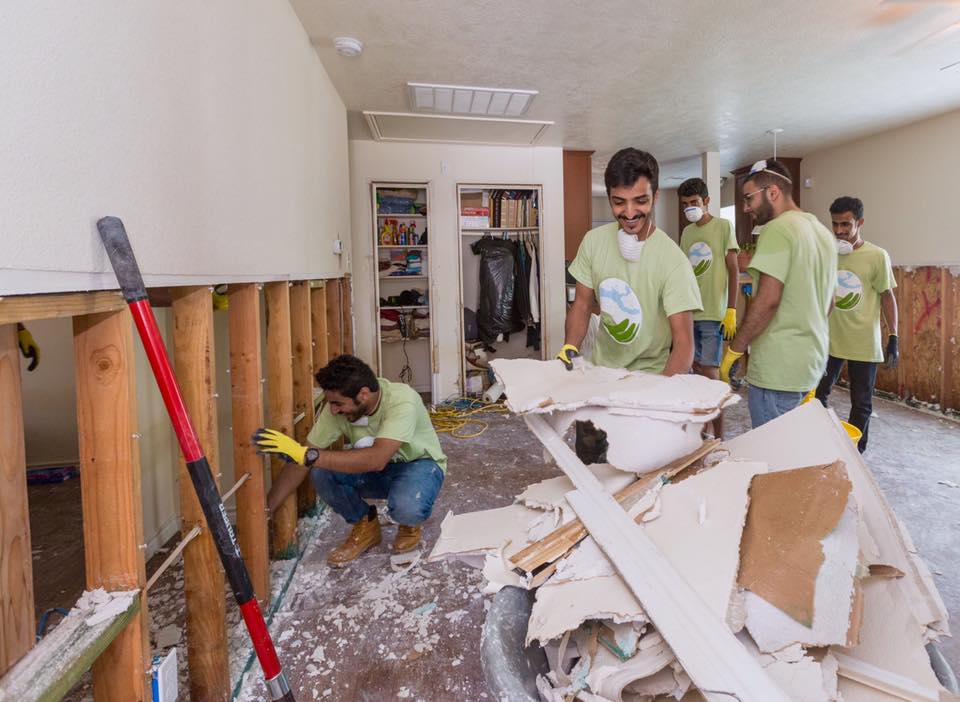Resources
When disaster strikes, knowing where to turn matters. Our Disaster Prep Resources section brings together trusted information and services to help you before, during, and after an emergency.
You’ll find local tools like Ready Harris, Houston Responds, and flood and power outage trackers
